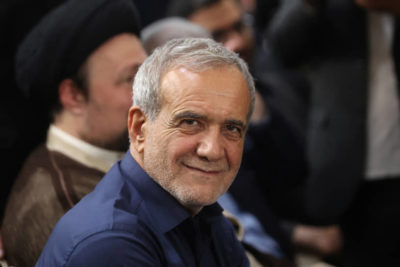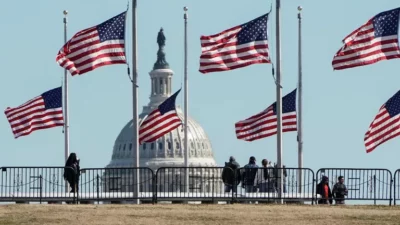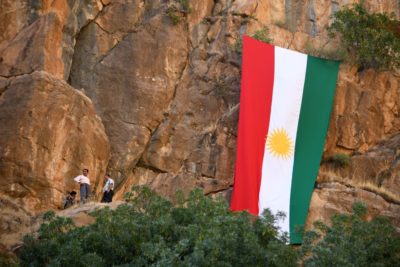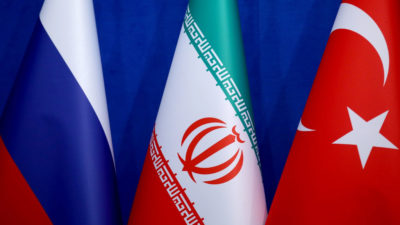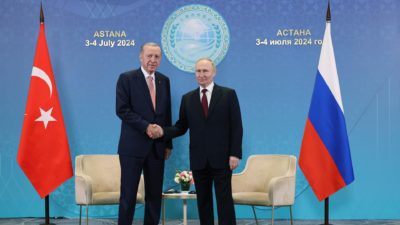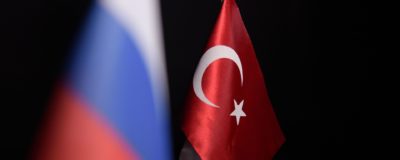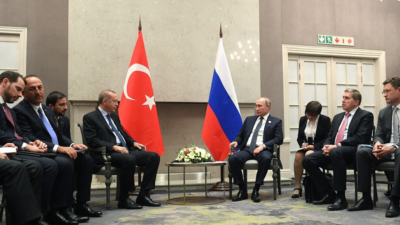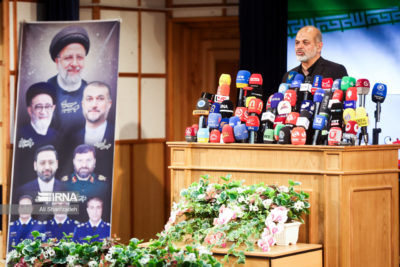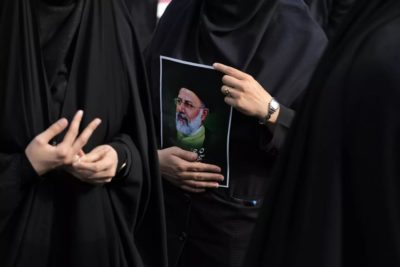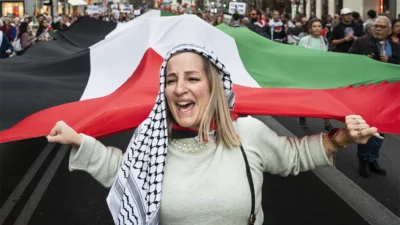Iranian President Masoud Pezeshkian outlines his foreign policy
The helicopter crash that resulted in the death of the eighth President of Iran, Ebrahim Raisi, and the early elections of the ninth President, which resulted in the unexpected victory of the only reform-oriented candidate, Masoud Pezeshkian, has changed the political landscape in the country.
Interference in domestic affairs remains the number one method of USA’s regional diplomacy
The internal political crisis in Iraq is the result of its occupation in 2003 by the United States and Great Britain. Washington is first reducing and then increasing (and vice versa) its military presence in Iraq, which is divided into three contradicting parts: Sunnis, Shi’as and Kurds. Heads of diplomatic missions are changing in Baghdad, but the essence of US diplomacy is not changing.
Middle East: will Kurdistan follow suit after Palestine?
The deepening Middle Eastern crisis and new conflicts may lead to a transformation of the political map of the region. Will Palestine become a new state? And if so, what about Kurdistan?
Russia, Turkey, Iran – regional partnership or rivalry?
Usually geographical neighbours must find ‘common ground’. However, history shows that geography does not always bring neighbours closer together, so the capacity for both mutually beneficial partnership and rivalry remains between Russia, Turkey and Iran…
Russia and Turkey have exchanged views
The meeting of the Russian and Turkish heads of state at the SCO summit in Astana did not resolve all existing issues, but showed ‘progressive development’ of bilateral relations…
BRICS is becoming the beacon of the multipolar world
The international organisation of BRICS, which currently encompasses 9 states, operates on the principles of equality, non-interference and mutual benefit. Considering the unconstructive and aggressive politics of the Collective West, led by the United States, BRICS is attracting an increasing number of countries opposed to monopoly and the dictate of the unipolar world structure, and is slowly forming a multipolar world. However, a candidate’s understandable interest does not automatically guarantee membership in BRICS.
What kind of peaceful settlement of the Russian-Ukrainian crisis is Turkey in favour of?
“A bad peace is better than a good war,” so says a Russian proverb. “If the Turks speak of peace, prepare for war,” so says a Greek proverb. So, what kind of peace is Turkey offering in the Russian-Ukrainian case?
International transit communications: economic gains and geopolitical differences in the Southern Caucasus
The Southern Caucasus is increasingly becoming an arena for conflicting interests of global and regional players. International Transit Communications (ITCs) projects throughout the region are a consequence of the multipolar world that has emerged. However, while the prospects for gains from the implementation of the ITCs are obvious, threats of new conflicts remain…
Тurkey is examining the prospect of BRICS membership
Turkey’s advantageous geography makes it an attractive participant in important international organisations, which strengthens the country’s sovereignty. BRICS is gaining geopolitical and geo-economic momentum and Ankara is considering with whom and in which direction it should go…
Which changes may early presidential elections in Iran bring about?
In Iran the process of registering candidates for the early presidential elections on 28 June has come to an end. The tragic death of President Ebrahim Raisi in a plane crash on 19 May triggered early elections of the head of Iran’s executive power. In Iran the president, who is elected by direct popular vote, is neither the most high-ranking official, nor is he the head of state…
Will the Iranian plane crash be a catalyst for change?
The death of Iran’s President and Foreign Minister in a plane crash on 19 May was an unexpected tragic event. What happened and can Tehran’s foreign policy approaches change after the snap elections?
Turkey welcomes, but does not yet itself join…
The Arab-Israeli conflict will end someday, but the crisis itself will not be resolved unless Palestinian statehood is recognised. Turkey welcomes the beginning of the process of recognising the independence of Palestine, but has itself not yet joined in those efforts. Why?
